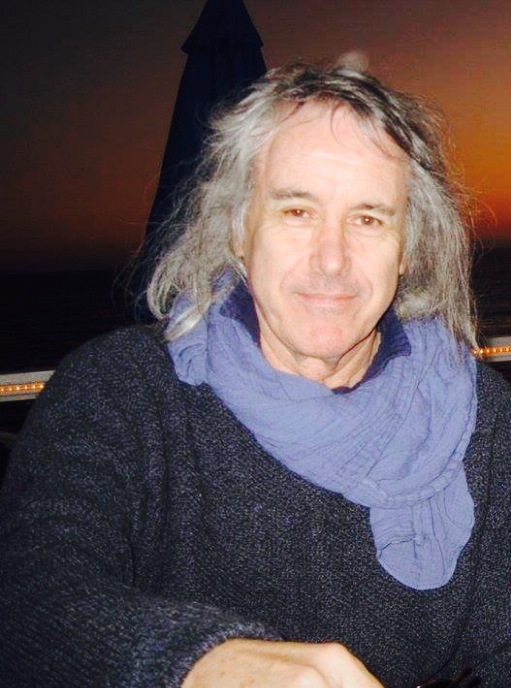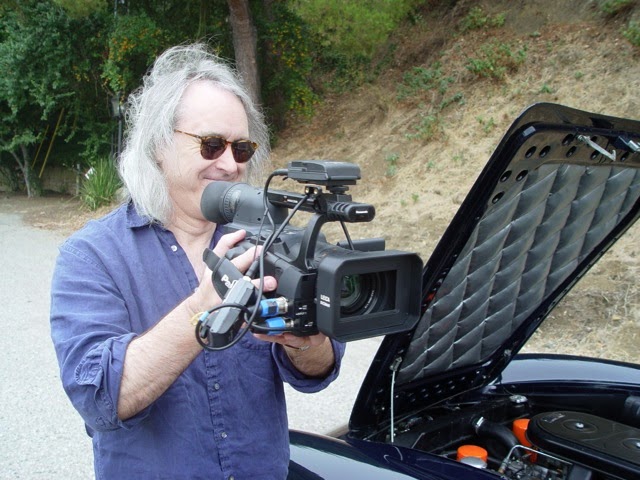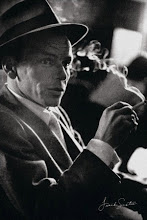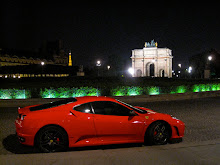
One evening, I was enjoying a John le Carré novel and a glass of Bordeaux when the phone rang. It was 11:30 in the evening and I knew, given that was the time my (Interview) television show concluded, that it was likely a viewer wanting to comment on the show. For the sixteen years the program ran on local cable, the phone always rang off the hook whenever a segment ended as my phone number was listed in the end credits of the show. (Interview) was a fictional televised interview with an actor playing someone who had lived an extraordinary experience and had written a book about it. The show always began with me saying, “Stevie Williams (or whatever the character’s fictional name might be), you’ve written a book. All Yours gives us a close-up view of a New York call girl’s life and elaborates on your cooperation with the New York Police Department’s manhunt for James Wells Campbell, the Perfume Killer.” How’s that for an opening?
The show would go on for twenty-eight minutes weaving the tale I had created for the actor to recount all the while doing nothing to give away the fact that it is a performance. In his review of the show, TV critic David Gritten used my quote “It’s as true as anything you’ll see on television including the six o’clock news”. Because the stories were so sensational but told in an understated and thoughtful, Charlie Rose manner, viewers accepted the shows as real even though an actor’s credit appeared in the end credits.
On this particular evening, I let the answering machine (pre-voicemail) take the call and continued reading my novel. As it was with answering machines of the time, one could hear the cassette turning as it played the outgoing message. Then, a click and the other cassette would begin to turn taking the caller's incoming message. Over the years, I produced 500 half-hour segments of the show and each one produced a dozen or more phone calls. I felt if the message was important enough, I could return the call in the morning.
About four or five minutes later, I became aware of the fact that the voice-actuated machine was still taking the caller's message. My curiosity was aroused--who would leave such a long message? I turned up the volume and could hear the voice of a man speaking in perfect French but with the worst accent imaginable as though doing an impression of an American butchering the language. Since my outgoing message was in both English and French--I began my career when I was living in Paris--it wasn’t unusual to have French speakers leaving messages on my machine. However, this man was talking about how many Hispanics live in Los Angeles. Interesting, perhaps, but not a conversation I was interested in hearing. I lowered the volume and returned to my book.
After another five minutes or so, I hear that the machine is still taking the caller's discourse and, as much out of irritation as curiosity, I pick up the phone and ask, "Mais, qui êtes-vous, monsieur ?" (Who are you?). He answered, "Je suis Marlon Brando et je veux savoir pourquoi votre répondeur automatique a un message en français et en anglais." (I am Marlon Brando and I want to know why your answering machine has a message in French and in English).
As one might imagine, there were other things I would have wanted to talk about with Marlon Brando, but this was what he wanted to know so I explained that I was a filmmaker who worked both in Paris and Los Angeles. He seemed to like this and we went on to talk about other things but he seemed fixated on the number of Hispanics there were in Los Angles. I wondered to myself if he had the driest sense of humor I’d ever come across of if he was an obsessive-compulsive sort who would work a subject to death like a pit bull. He had a reputation for being a practical joker and I wasn’t certain this wasn’t one of his pranks.
Finally, Marlon tells me he had just seen one of my (Interview) segments and wanted to have a cassette of the show for his personal library. He asked what it would cost to buy a copy and I told him twenty dollars. I had no desire to have his money, as you might expect. I was hoping to receive a check made out to me or my company and signed by Marlon Brando. When someone showed up with a $50 bill, my plan for having Marlon’s check framed on my office wall was scuttled.
Some months later, I was trying to help a friend of mine who was a casting director break into producing. He'd found a book he liked--Waiting For The End Of The World by Madison Smartt Bell--and I made contact with the writer and his agent and negotiated an option for my friend. He then needed a director but he wasn't sure about whom to approach. I suggested Marlon Brando. Marlon had directed the movie One-Eyed Jacks but only after Stanley Kubick had left the project and only, I suspect, so he wouldn't have to give back money he'd already been given for the project. Still, it was worth a try.
I called Aiko, Marlon's secretary, and asked her if he would welcome the submission. She called back later to say that Mr. Brando would be interested. I drove a copy of the book up to his house near Coldwater Canyon. A couple of weeks later, Aiko called me to say that Mr. Brando liked the book and the idea of directing the project but was leaving for Tetiaroa; would I mind waiting until he returned in a month or two? I didn't mind.
The project never went beyond Aiko's phone call as events in Marlon Brando's personal life overtook him and directing a picture became the least of his concerns. My interchange with him was as interesting as it was uncommon. On and off the screen, he was a character.
In the end, though he outfoxed me on getting his signature on a check, I did get something of Marlon’s that I prized. It was a script he had written about a DEA agent which was sent to me via my agent at APA Larry Masser. Not a bad trophy, after all.
























































1 comment:
What a great story! Your right on brother :)
Post a Comment